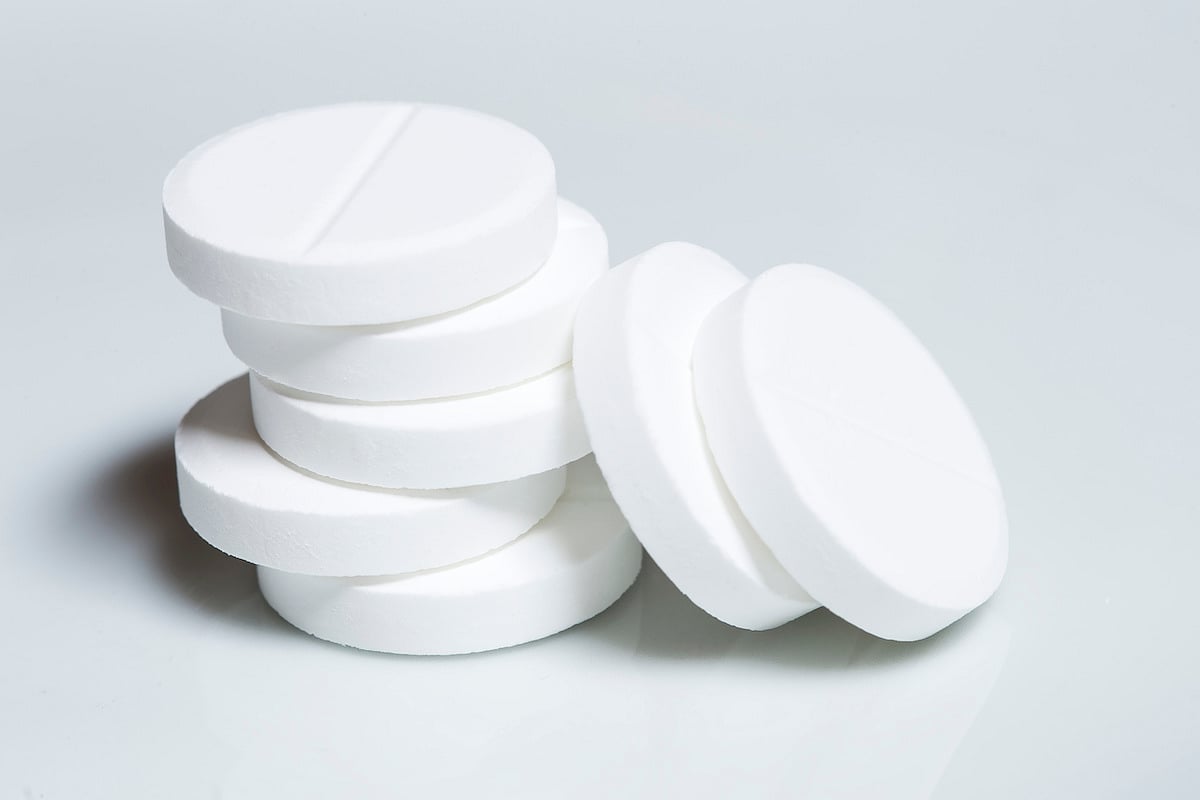The following is a summary of “Stem Cell Treatment for Diabetic Foot Ulcers: A Meta-analysis of Randomized Clinical Trials,” published in the May 2023 issue of Critical Care by Huang, et al.
For a study, researchers sought to evaluate stem cell therapy’s efficacy in treating diabetic foot ulcers. The continuing education activity was designed for healthcare professionals, including physicians, physician assistants, nurse practitioners, and nurses specializing in skin and wound care. By participating in the educational activity, participants can: Discuss the outcomes associated with stem cell treatment for diabetic foot ulcers. In addition, it recognizes key features in the methodology of randomized controlled trials investigating the effectiveness of stem cells in diabetic foot ulcer treatment. They comprehensively searched PubMed, EMBASE, Cochrane Library, and Clinical Trials databases. After screening the initial search results, 16 articles reporting on 19 randomized controlled trials were included in the meta-analysis. The 16 selected articles encompassed 766 patients (400 in the stem cell groups, 366 in the control groups). Extracted data included information such as first author, publication date, patient characteristics, ulcer size, stem cell type and dosage, follow-up duration, evaluation indices (e.g., cure rate, amputation rate, pain-free walking distance), and adverse events.
The analysis revealed that the stem cell group had a higher ulcer healing rate compared to the control group (odds ratio [OR], 5.16; 95% CI, 3.60–7.40; P < .00001). Specifically, the mesenchymal stem cell and mononuclear cell groups demonstrated higher ulcer healing rates (OR, 3.98; 95% CI, 2.05–7.73; P < .0001; and OR, 12.85; 95% CI, 4.36–37.82; P < .0001, respectively). Seven articles reported lower amputation rates in the treatment group compared to the control group (OR, 0.18; 95% CI, 0.08–0.41; P < .0001). The stem cell group also increased pain-free walking distance after treatment (standardized mean difference, 1.27; 95% CI, 0.89–1.65; P < .00001). Although adverse events were reported in 14 articles (92 events), there was no significant association between stem cell infusion and adverse events.
Stem cell therapy represents an effective treatment approach that can enhance symptoms and outcomes in patients with diabetic foot ulcers.













Create Post
Twitter/X Preview
Logout